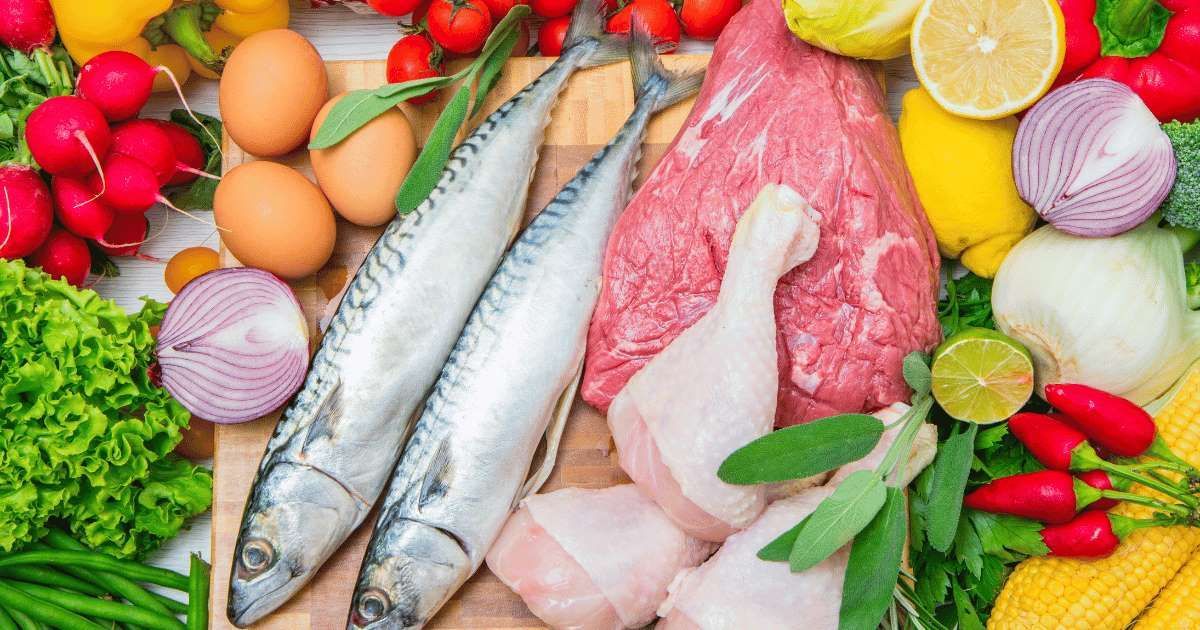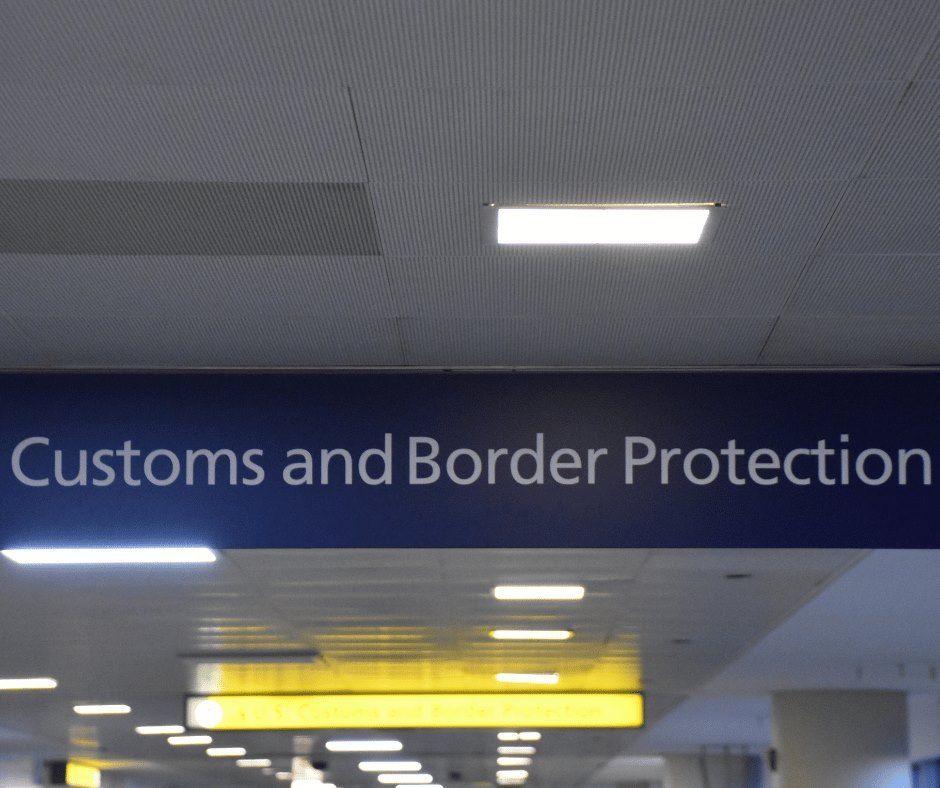Brexit: Businesses should make reasonable preparations for no deal
Ian Simmonds • July 13, 2019
Boris Johnson has said that he would be prepared to leave the EU without a deal.

The Institute of Directors (IoD) have produced figures that showed that the extension until October has had little impact on firms’ Brexit planning. The IoD figures show that the proportion of its members who had activated contingency plans increased slightly between January and April, from 18% to 23%. However, more than half of firms surveyed stated that they had not engaged in any contingency planning, and that only 4% were planning to use the extension period to review their next steps.
The IoD have said ‘Businesses cannot afford to put their faith in politicians to produce a Brexit resolution, and should be considering all reasonable preparations for no deal’.
Boris Johnson has said that he would be prepared to leave the EU without a deal. Mr Johnson also believes Britain can use a WTO rule known as ‘GATT 24 (Article 24)’ to maintain free trade with the EU, if the UK leave the EU without a deal on October 31.
Earlier this week WTO director General Roberto Azevedo told Prospect Magazine “If there is no agreement” on what the future plan would be “then Article 24 would not apply, and the standard WTO terms would”.
If the UK leaves the European Union without a deal, here is a top-level checklist for UK companies which only trade with the European Union.
1. You will need to register for a UK Economic Operator Registration and Identification (EORI) number.
You will need an EORI number to continue to import or export goods with the EU after 31 October 2019.
2. You will be able to transport your goods into the UK from the EU without having to make a full customs declaration in advance,
by using Transitional Simplified Procedures. This has been introduced by HM Revenue and Customs (HMRC) in an effort to reduce congestion at customs checkpoints, and will be reviewed after 3 to 6 months.
3. Decide if you want to hire an agent
to make import and/or export declarations for you or if you want to make these declarations yourself.
4. You may need to supply additional information to your Freight Forwarders,
so that they can make the safety and security declarations for your goods.
5. You will need to identify your products within the UK Trade Tariff
to determine the applicable import duty rates.
6. Decide how you will pay duty on products imported from the EU
(if duty applies). A duty deferment account allows you to pay your customs duty monthly by direct debit, rather than having to pay immediately each time you clear your goods through customs.
7. Decide if you should store your goods in a Customs Warehouse.
Customs duty and import VAT payments are suspended whilst the goods are stored in an HMRC approved warehouse. Duties must be paid once the goods leave the Customs Warehouse, but not if the goods are exported or moved to another customs procedure.
8. Decide if your company should apply for Authorised Economic Operator (AEO) status.
There has been a 26% rise in AEO applications in the UK. It’s not mandatory, but gives quicker access to some simplified customs procedures and, in some cases, the right to ‘fast-track’ your shipments through some customs and safety and security procedures. If your company applies for AEO, you will be subject to an audit of many aspects of your operations, including international supply chain security, warehouse security, company finances and compliance with customs procedures.
If you would like more details, please call +44 (0) 118 932 8447 or email info@icsglobalservices.co.uk
Share this page
Get in touch
Due to the nature of my work, it's typically easiest to complete this form and I will get back to you.




